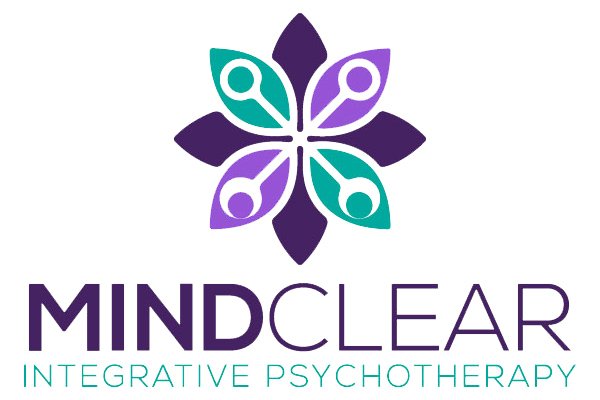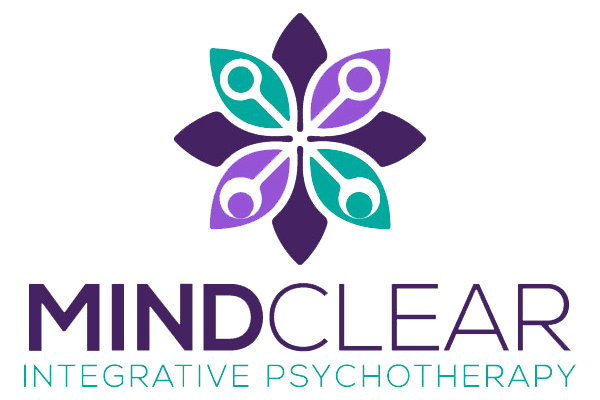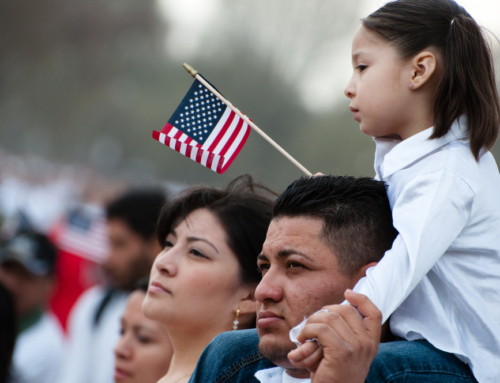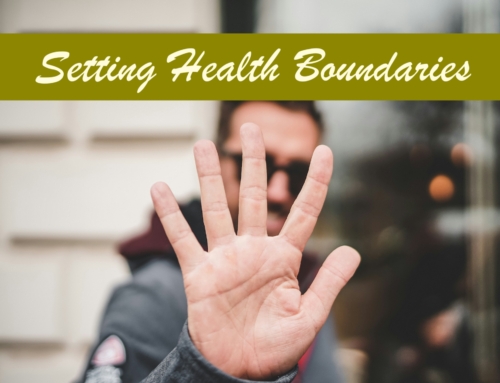Trust – An Impossible Feat?
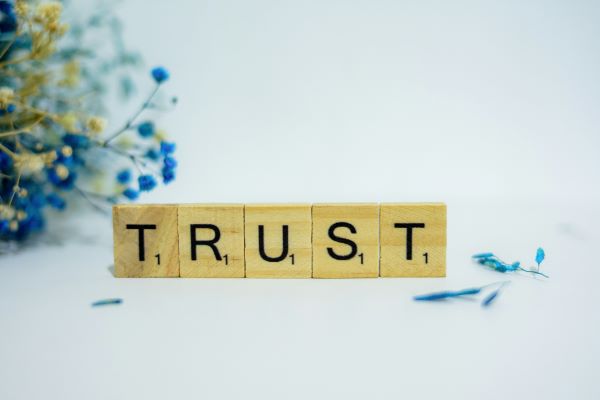
Photo by Alex Shute on Unsplash
Trust is the foundation for a safe and healthy relationship – so, why is it so hard?
For those who have experienced trauma, it can feel impossible to trust someone. When you’ve been repeatedly hurt, especially by those who were supposed to care for and protect you, it changes the way that you view relationships. You might find yourself questioning people’s intentions, feeling nervous or worried about being let down again, or even struggling to find safety in their actions.
Trust isn’t difficult just with other people; You might struggle to know how to trust yourself too.
It’s not just about being hurt overtly, like through verbal or physical abuse. If you’ve experienced abandonment, neglect, or any form of emotional manipulation where your reality was denied, then you may second guess your perception of situations. Instead of feeling confident in yourself and your ability to navigate relationships, you might be stuck in this overwhelming cycle of self-doubt.
Childhood Trauma and Self-Trust
When you are growing up, your brain processes information in black and white terms. You need your parents to be “good” because your life and survival depends on them. If you grew up in a chaotic environment, whether through emotional neglect or harsh criticism or instability, you’ll likely turn that chaos inwards and assume “it must be me.” With this thought pattern, you might find yourself —
- Blaming yourself for the chaos around you, because if you were just better then they wouldn’t be so angry.
- Falling into people-pleasing habits, because if you just did everything right then you would finally be loved.
- Saying yes to everything that people ask you, because if you say no then people will get mad at you and leave.
Any of this sound or feel familiar? These thoughts were protective and necessary when you were a child. They kept you safe. But they also have followed you into your adulthood and into your new relationships, even when you don’t need them anymore.
Which begs the question – how come they are still there?
Separating Past from Present
The belief that “it must be me” has a sneaky way of shaping the way that you see yourself and your relationships. When you’ve spent years trying to navigate relationship problems through the lens that the issue is just you, how could you recognize when things are different? Despite aging and growing, you continue to experience the world through the lens of the past, thus finding it increasingly difficult to separate past from present.
The human brain is hardwired to constantly be looking for patterns. This is especially true when you are young and trying to make sense of the world. And, these patterns once discovered, even if imagined, often get reinforced over time through emotional experiences and persistent beliefs.
When you grow up in an environment that is unpredictable or critical, then you learn ways to adapt to that instability. Since these beliefs were developed at a time when you depended on others, namely your parents, for survival, they become instinct. Even in adulthood.
So, even when you intellectually might know that you are in a different environment, your body and emotions don’t know it. Unfortunately, when feeling vulnerable or threatened, your emotions and immediate reactions become automatic, with the intellect only catching up later. This may lead you to react like you would in the past – when you needed to protect yourself.
For example, you might find yourself pushing people away, even if you want to be seen. Or you might stay in a tumultuous relationship because of the comfort in the familiarity of being hurt. Or you might have trouble accepting support or asking for help because you’re afraid of being disappointed.
These reactions and behaviors do NOT mean that you are broken. Rather, you might consider that your younger self is reacting to the situations that your adult self is in. This can be seen as evidence that your brain is trying to protect yourself in the only way it’s ever known.
It also does NOT mean that you are stuck with this forever. Patterns can be unlearned.
Unlearning Patterns
Being able to recognize that the reactions that once protected you no longer serve you in the present is pivotal to starting the process of change. Unlearning long-standing patterns means that you have the autonomy and power to choose new ways to think, feel, and be in relationships. In turn, new patterns begin to take hold.
The first step to being able to unlearn a pattern is to recognize that it even exists. Often, these patterns are so deeply engrained and automatic that you might not even recognize that you are engaging in them. Sometimes, you might not be able to recognize the patterns by yourself, which is where therapy can be incredibly useful. By sitting with an attuned therapist, they can help you learn to recognize patterns that you often engage in.
There is no shame is recognizing these patterns, even though it might feel embarrassing at first. By allowing someone into your space, they can help you pause and take a moment to recognize what is happening. In that pause, you will slowly become able to reflect on why the patterns are appearing. Often, since these patterns are created in your childhood, they appear in a moment when you are reminded of the past. Over time, you can learn to separate the past from the present and make an active decision about how you want to proceed going forward.
By allowing yourself the ability to make this conscious and active choice, you are instilling confidence in your adult self. You are taking charge and control of your actions in your relationships, something that you couldn’t do when you were a child.
Trust in Yourself
The more you learn to recognize your patterns and understand where they come from, the more aware you become of why certain problems seem to keep arising in your relationships. As you gain insight and start to feel confident in reacting with more wisdom, you also will start to learn how to trust yourself.
If trust has been hard for you, you are not alone. You probably had good reason not to trust others and learned that to get along you had to ignore and deny your own experiences and feelings. This also does not mean you’re broken; it means that you had to adapt in the best way you knew how.
The patterns that once kept you safe do not have to define who you are in your present or future relationships. You are allowed to be an adult who makes choices for yourself. You are allowed to experience feelings of love, safety, and comfort. And, you are allowed to trust.
